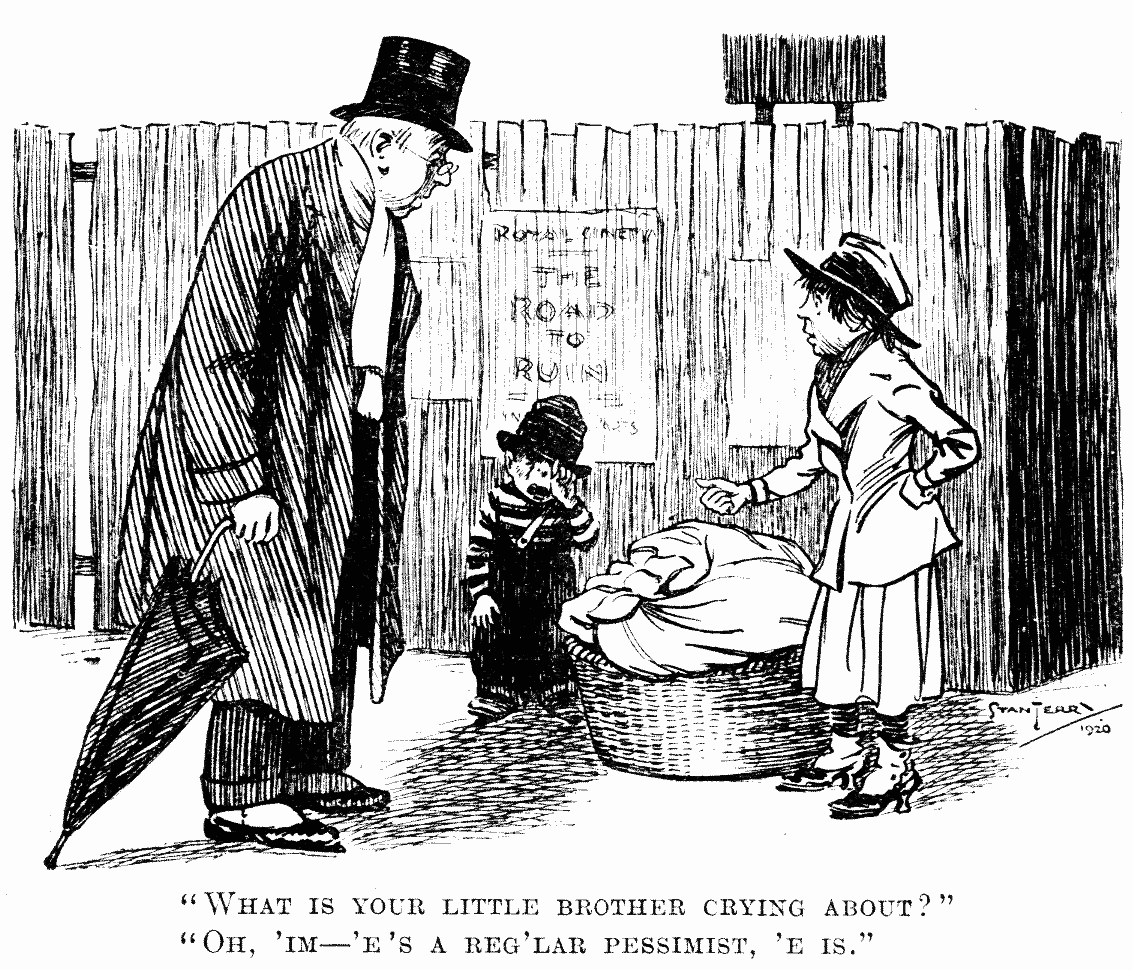 Homophobia, or the irrational discrimination against lesbian, gay, bi and trans people, is a horrible and destructive force. Along with racism, sexism and other prejudices, it’s the source of so many ills in the world, and thus, the workplace.
Homophobia, or the irrational discrimination against lesbian, gay, bi and trans people, is a horrible and destructive force. Along with racism, sexism and other prejudices, it’s the source of so many ills in the world, and thus, the workplace.
In America, organizations exist to quell the effects of the devastating and pervasive dynamic, and many European nations–depicted in purple to the right–have laws against related hate crimes and hate speech. While it’s difficult to extinguish this ever-powerful group dynamic, that’s OK; increasing evidence is pointing to the upside of a homophobic environment.
You read that right.
Adam Kelley and Frank Golom, a teacher and organizational development consultant, respectively, have been affected by homophobia at work, ultimately for the better. They were recently profiled in TC Today, the magazine of Teachers College (TC), Columbia University.
At the Brooklyn High School for Leadership and Community Service, Adam Kelley’s teaching is informed by a previous, harrowing work experience. Writes Emily Rosenbaum:
As a Peace Corps volunteer teaching kindergartners in a village in Uganda, he was outed by a woman who was attempting to blackmail him. The punishment for male homosexuality under Ugandan tribal law is severe, and Kelley had to flee, returning to the States.


